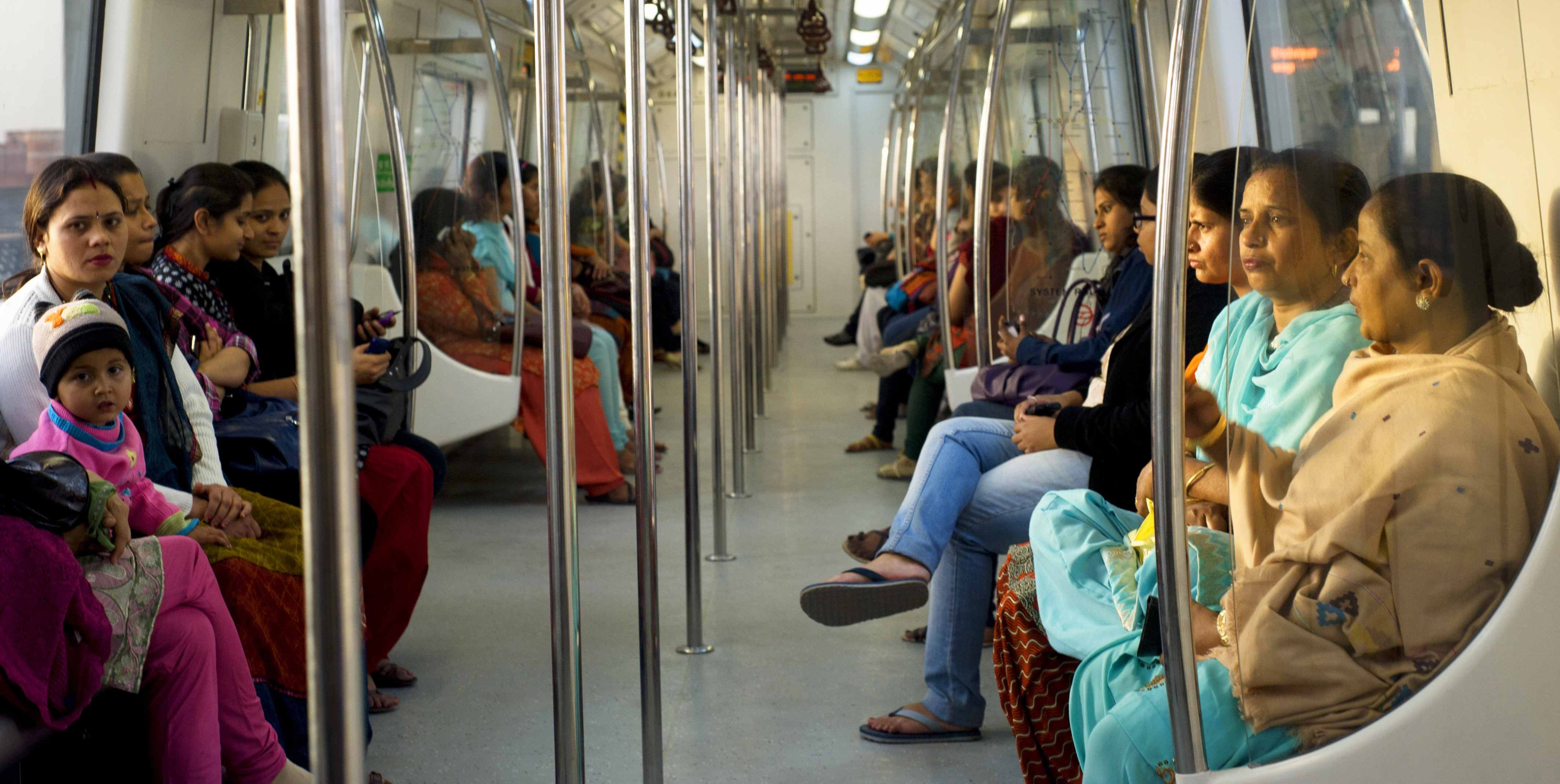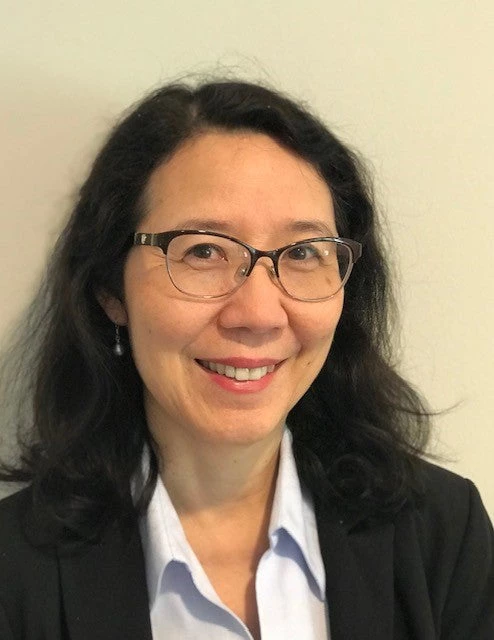 woman factory
woman factory
“We cannot succeed when half of us are held back.” Malala Yousefzai’s words hit home during the recent annual 16 days of activism against Gender Based Violence, as sexual harassment and violence, especially against women, is unfortunately still a widespread phenomenon. Studies show that across Asia in particular, 30-40% of women suffer sexual harassment in workplaces. Sexual harassment limits career and educational opportunities for women. In India, women attending Delhi University were willing to go to a college in the bottom 50% in quality, rather than one in the top 20% to be on a safer route to school.
This reality co-exists alongside another grim statistic: South Asia has the second lowest female labor force participation at only 25%, even though it is well established that when more women are in the workforce, economies tend to grow. In fact, South Asia’s long-term growth over the course of this decade could be boosted by as much as one percentage point if more women participate in the workforce.
But we are not there yet. While many complex factors contribute to low female labor force participation, one thing is for certain: sexual harassment at work is a barrier to progress in South Asia.
Sexual harassment alters key life decisions and makes women unproductive in jobs.
In Bangladesh, the ready-made garments industry has brought women into the labor force. Yet, according to a United Nations Development Program report, sexual harassment remains a concern. Most factories lack anti-harassment committees or grievance redressal mechanisms to handle harassment cases, and affected women are likely to have higher levels of absenteeism, resulting in lost pay.
The World Bank is committed to supporting governments in fighting all forms of gender-based violence across South Asia. A project in Bangladesh supported the Labor and Employment Ministry to develop a mechanism for anonymously reporting sexual harassment at workplaces. It is also helping develop a system for survivors of sexual harassment to file grievances and mechanisms to strengthen labor courts to decide on these issues.
The World Bank also supports WePOWER, a network dedicated to making the energy sector across South Asia more inclusive for women through the South Asia Gender and Energy Facility (SAGE II). WePOWER’s partners include the Bangladesh Rural Electrification Board (BREB), implementing the Electricity Distributions Modernization Program, the Water and Power Development Authority (WAPDA) in Pakistan implementing the Tarbela and Dasu Hydropower Projects, and Druk Green Power Corporation (DGPC) in Bhutan, implementing the Sustainable Hydropower Development Project. These partners have conducted awareness and training sessions on discrimination and harassment of women. In India, the World Bank, through its work in setting social standards under projects including the Uttarakhand Water Supply Program for Peri Urban Areas and the Mizoram Health System Strengthening Project among others is helping the government improve working conditions for women by supporting the implementation of the Sexual Harassment Act of 2013 and the functioning of Internal Complaints Committees. In Tamil Nadu, women moving to cities to work can live in safe and affordable hostels funded through the World Bank’s Housing and Habitat Development Project.
Sexual harassment at work is a drain on growth and development
“We are in a financial crisis, and we need every educated adult in an economically productive role in some way,” said Nadija Tambia, President of the John Keells Group in Sri Lanka, at the World Bank’s recent Safe Spaces: Standing up for Women’s Safety Against Violence in the Workplace discussion, emphasizing how sexual harassment is keeping women away from work when Sri Lanka needs them most.
A United Nations Population Fund report found that 90 percent of women surveyed across all nine provinces in Sri Lanka had been sexually harassed on public transport, and 37 percent said their workplace performance was impacted by this harassment. Unsafe public transportation, incidentally, is a key impediment for South Asian women to pursue job opportunities. World Bank transport operations are integrating aspects of safety for women into the planning process. The World Bank’s Kandy Multimodal Transport Terminal Development Project in Sri Lanka provides women-only waiting areas, kiosks at terminals with special referral mechanisms for women and girls, and dedicated hotlines for women.
An International Finance Corporation (IFC) study in Sri Lanka found that three out of five people surveyed experienced some form of workplace violence or harassment and one out of five people surveyed felt unsafe at work, costing companies at least $1.7 million annually. IFC has been engaging with the private sector in Sri Lanka to address gender-based violence and harassment through employee training—forty companies will have benefitted from these trainings by 2024.
Towards Changing Mindsets, Creating Inclusion
Besides continued legal reforms and awareness campaigns, what can be done to help women across South Asia be more productive and empowered?
First, work must be done to change minds and the social narrative on women. “With visibility comes acceptance in history,” said NayanTara Gurung Kakshapati, photographer, activist, and panelist at the Safe Spaces discussion. Kakshapati, whose award-winning photo exhibit titled, “The Public Life of Women” highlights women’s rights champions in Nepal, explains why such public displays are key to changing the social narrative on women and are as important as legal reform: “Some of this cultural work, needs to happen to create a real dent in value systems that are so deeply entrenched in our societies. ”
Second, it is important to create role models. Simply put, creating safe workspaces is about having more women at work and in leadership roles. In Pakistan, Jehan Ara, Founder and CEO of Katalyst Labs and head of Women for Boards encourages every public company in Pakistan to have at least one woman on their Board to normalize women in leadership positions. “Half the country is women, half your customer base is women…so naturally, you are not as effective until you have women on your boards or in leadership roles.”
Finally, it is critical to expand our understanding of gender-based violence. Nadija reminds us that it is imperative we also recognize subtle harassment behaviors against women in the workforce born out of patriarchal norms. She explains, “Women at the top are often interrupted, their competence is questioned, they are accused of being emotional.” These behaviors result in greater stress, burnout, and less job satisfaction for women.
The bottom line is a country cannot flourish by stifling the potential of women. Keeping women safe is critical to helping them realize their full potential 365 days a year. Including everyone in the march forward is the only way that countries can truly achieve progress—for all.




Join the Conversation